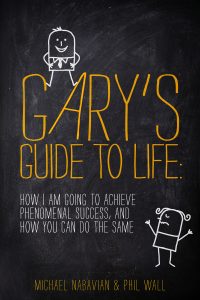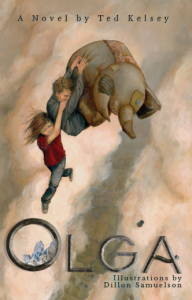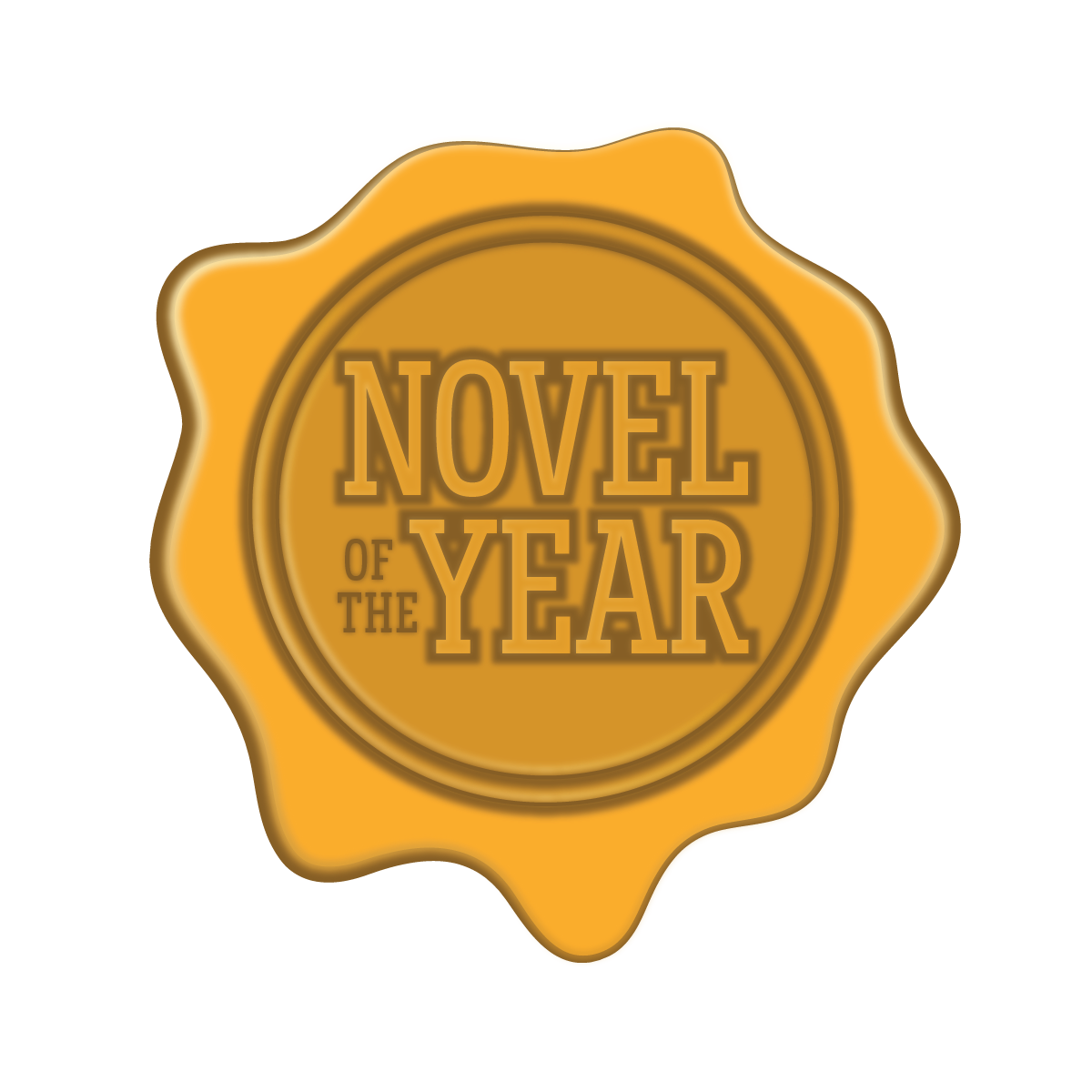The Rundown
The Recommendation
The Rating
The Links
The Reviewer
Renee Miller
Visit Renee Miller‘s website.Write what you know. You’ve heard it before, I’m sure. When I heard that advice, I was like, “Well shit. That’s going to make things challenging.” Because I didn’t know a lot. However, my mistake (and many of yours) was in taking the words “write what you know” literally. Write what you know means do your homework. Research settings, characters, themes, and other factual information so you don’t look like an idiot. Get in touch with your feelings. I know, it’s gross, but you must experience a feeling fully before you can spark the same in the reader. And make sure you are writing what you like. If you don’t know what you like, well… learn. If you’re writing about what makes you passionate or what sparks your interest or imagination, that enthusiasm will leak into your writing, and as a result, it will also leak into the reader. Sounds kind of creepy, but it’s good. Do it.
Christ, if I only wrote what I knew, I’d be limited to female characters in small towns who went to work every day, engaged in awkward, but not unpleasant sex, and swore a lot… and had a lot of physical injuries, and who gorged on potato chips and Netflix.
Wait… no, it’s cool. I know more than that. Still, there’d be no serial killers, as I have no firsthand knowledge of what serial killers do or feel or any of that. There’d be no gods or vampires or dragons or anything fun, because I’ve never experienced any of those things either. There’d be no male POVs, because I’m not a guy and have no idea what it’s like to be a guy. Basically, if I only wrote what I knew, it’d be just the shit we’ve all seen and done and what’s the point of that?
Better advice is to write what you know, and when you don’t know something, learn about it so you can write about that too. Or you can create something entirely new. There’s an idea. When you make something new, then you are writing what you know, because YOU created it. So, write about that hermaphrodite alien from the planet Gorumungadesh, with the seven vaginas in its back, two penises on its knees, scales over its torso, and the three tongues coming out of its ears. The reader will relate, because you will write that creature with authority. She is yours, after all.
And when you’re writing about these fantastical things, give the reader something he can relate to. The simplest way is to embrace the feels, as I mentioned before. You know what it’s like to be angry, sad, happy and excited. The reader knows too. That’s what folks call “universal knowledge.” When you write about these things, the reader can relate, and the story/character becomes more real, more believable for him, even if you’re writing about things that don’t really exist, like Santa Claus.
Writing what you know also means characterizing using people you know. Not literally, because lawsuits. I mean take what you observe about the people around you and use it in your characters. Use their quirks, expressions, belief systems, speech patterns, and your reader will relate, because odds are, she’s met a few of these people as well. Universal knowledge, man. It’s awesome.
When you don’t know, you must research. Don’t know how to build a house but have a main character who’s a contractor? That’s okay. Don’t give him a different job. Read about how to build a house. You don’t need detailed knowledge. Just enough to write that scene where he murders his wife and buries her in the foundation of the house he’s building.
Find experts if you need them, watch how-to videos and read, read, read. What you know becomes pretty extensive in a very short amount of time.
So, the next time you hear this little tidbit of writerly advice given, just smile. Don’t feel paralyzed or inadequate. You know a lot of things. The things you don’t know are out there, waiting to be discovered.









